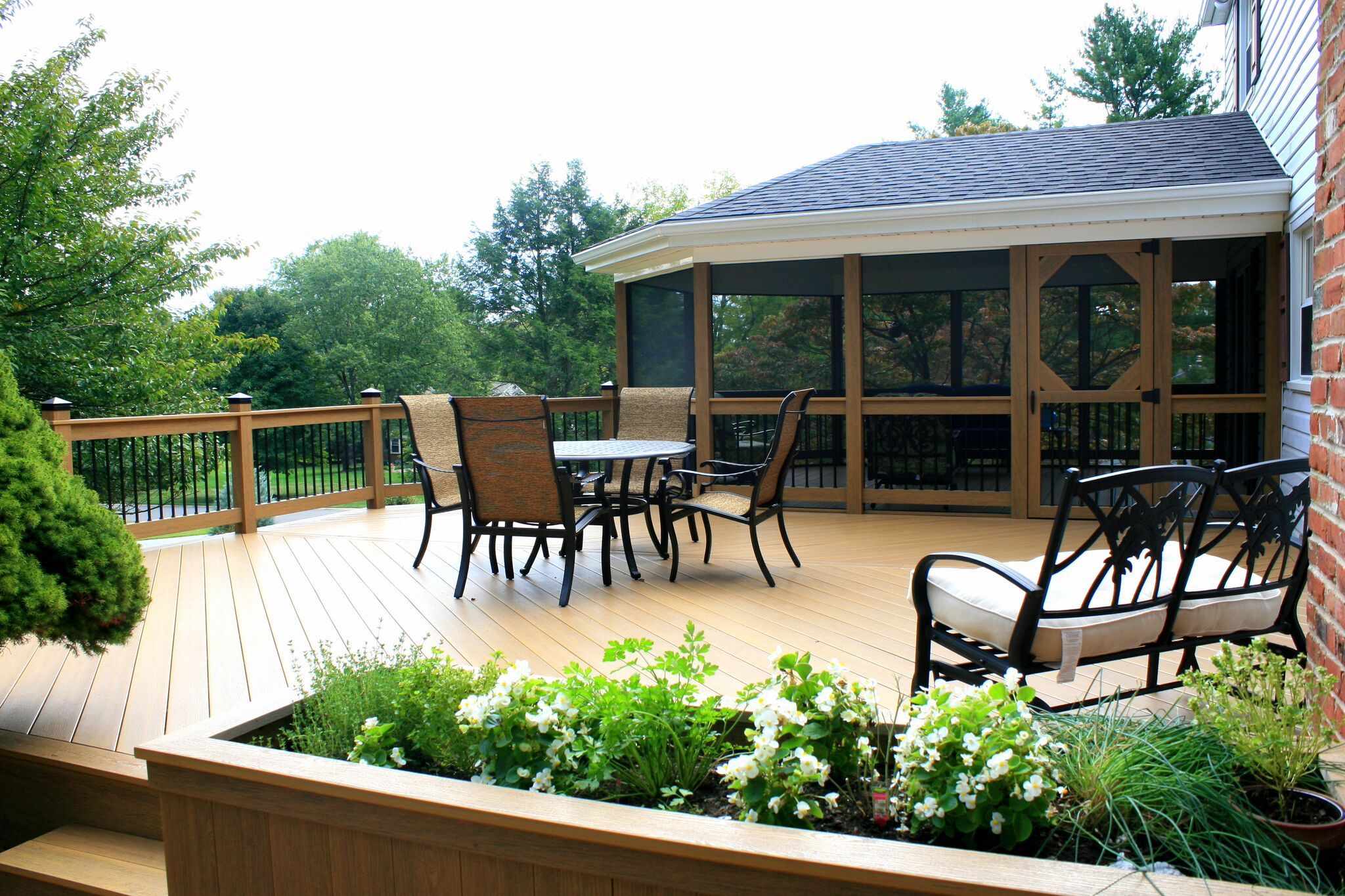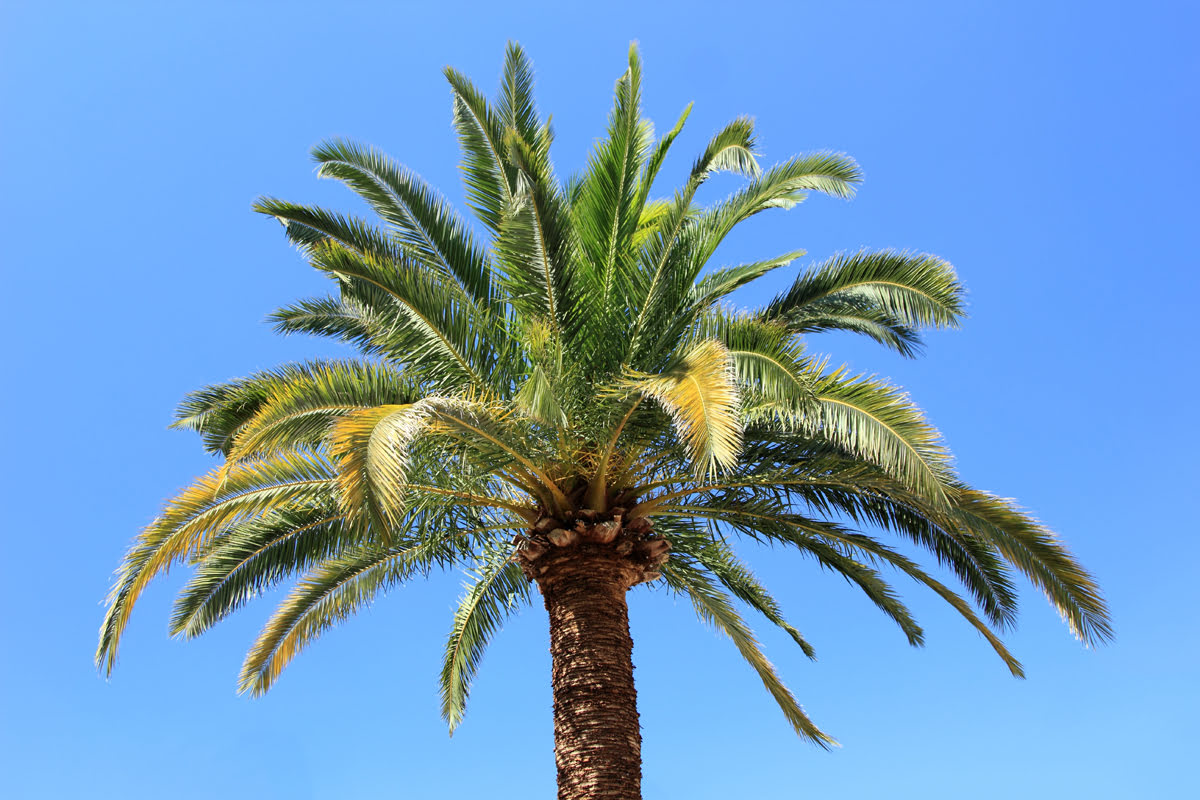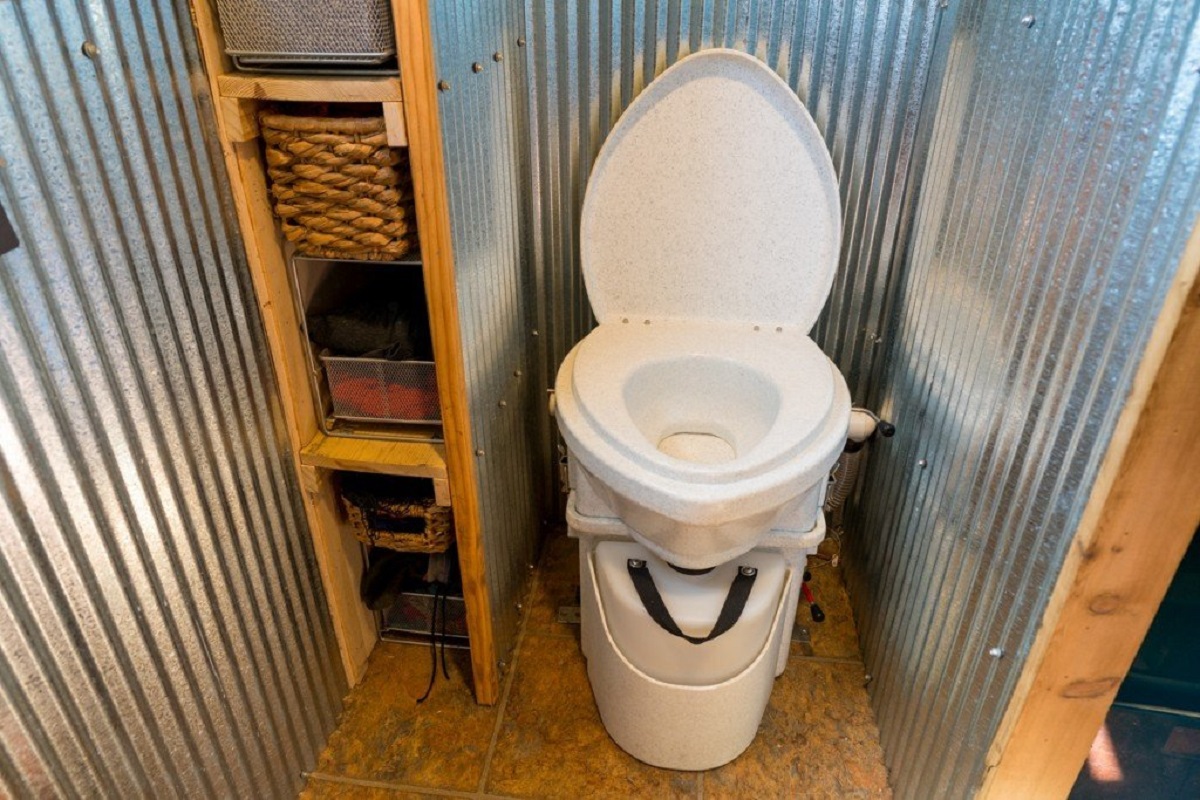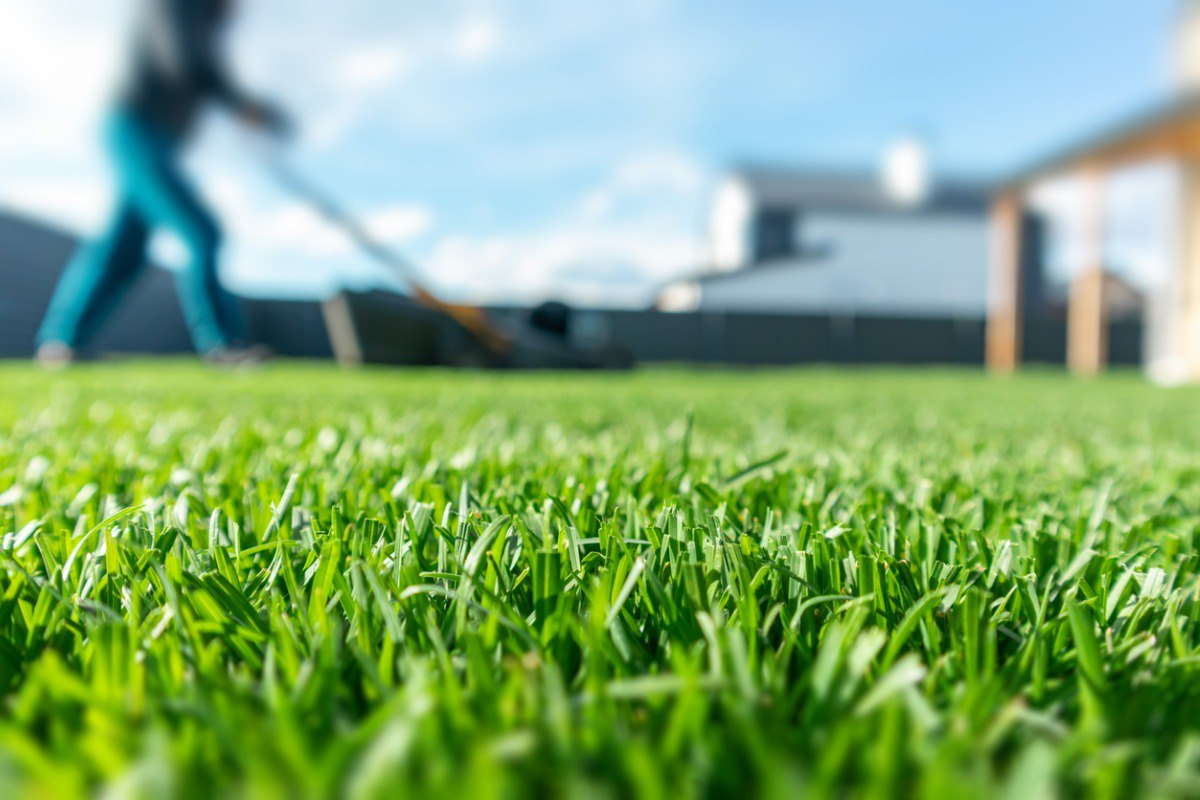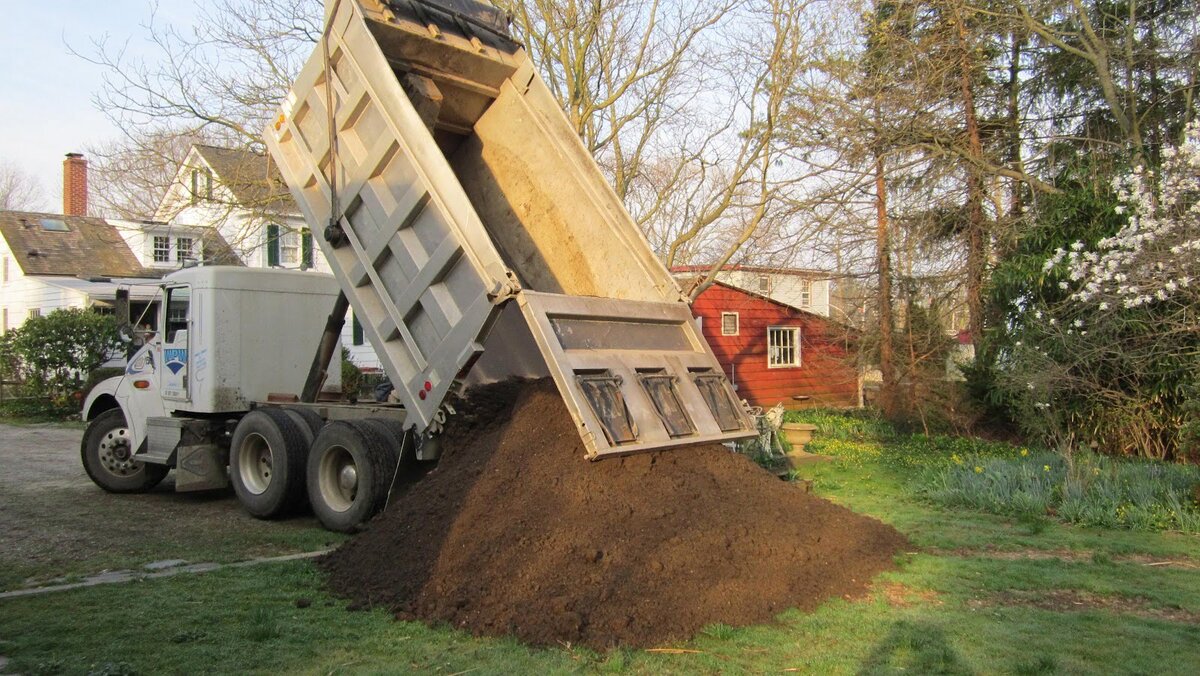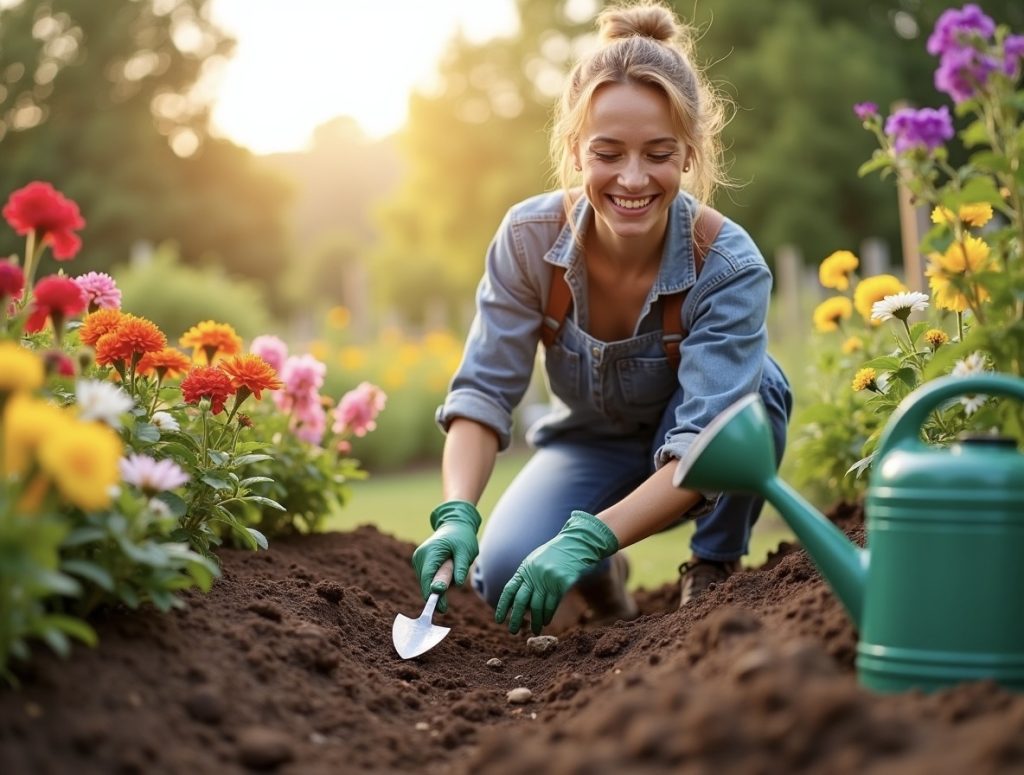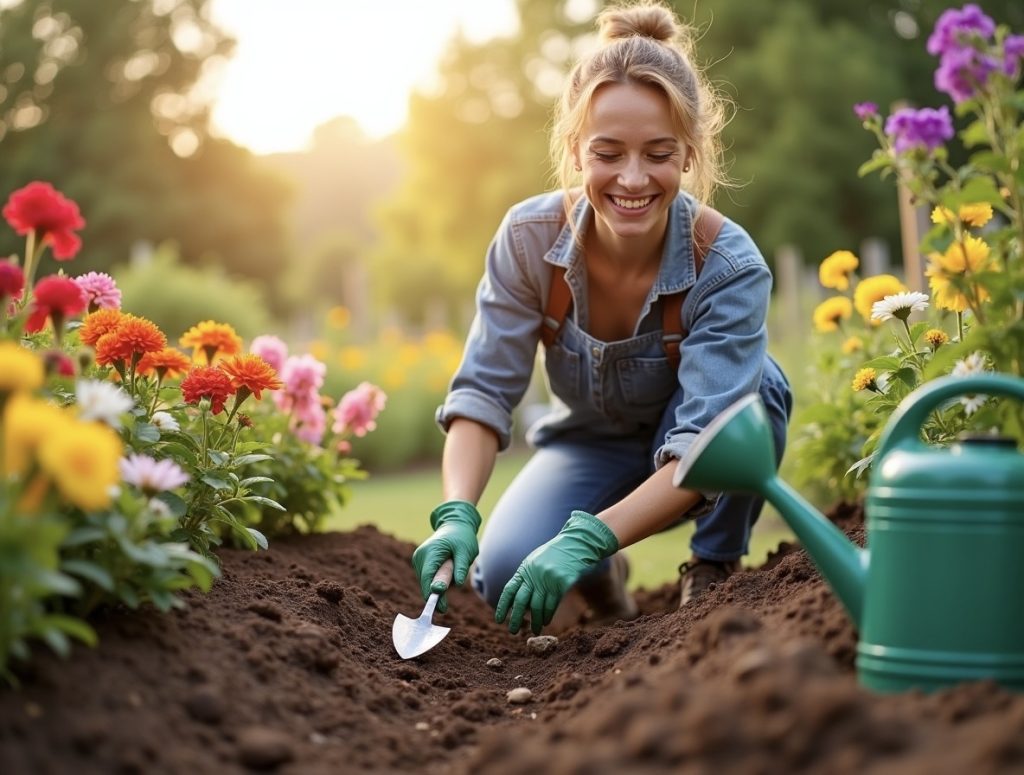Home>Gardening Basics>Getting Started>How Much Does It Cost To Fix Irrigation System
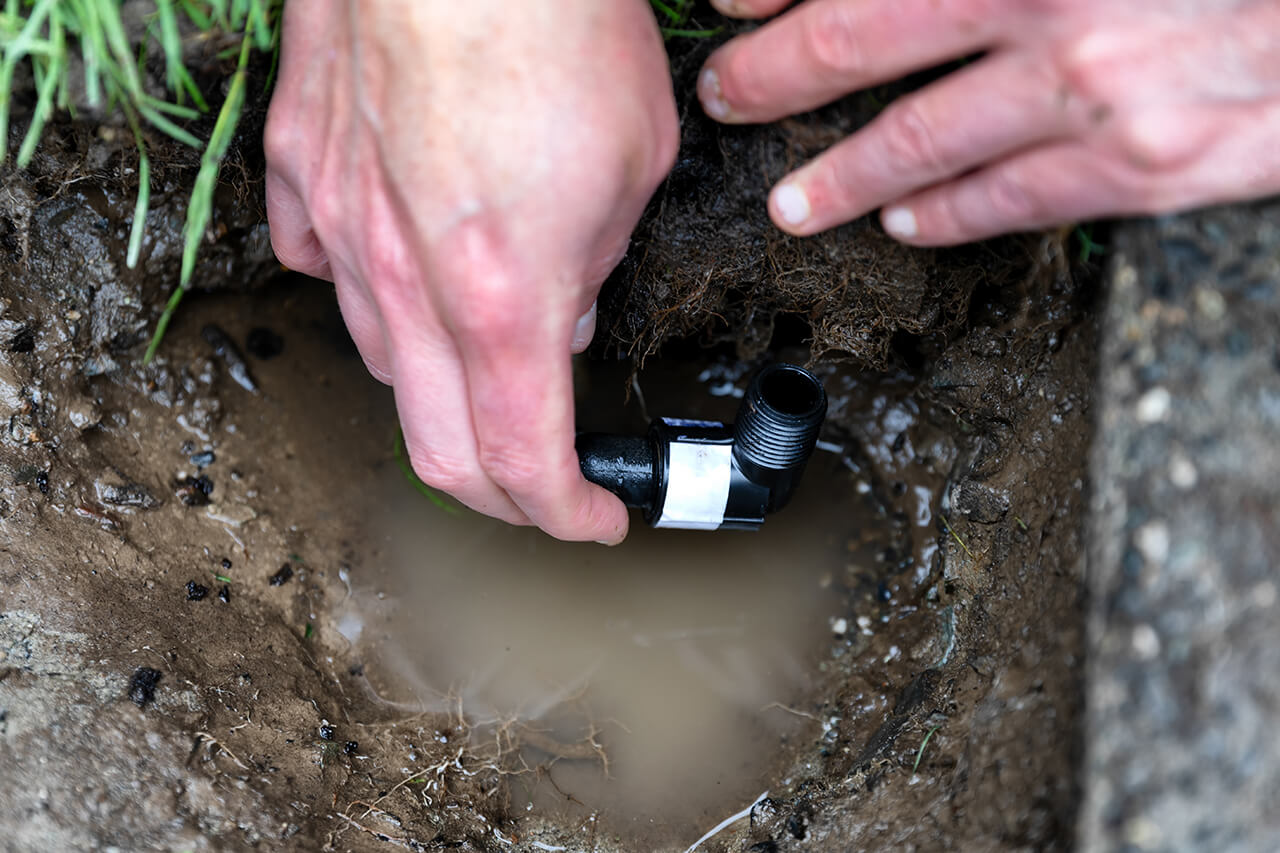

Getting Started
How Much Does It Cost To Fix Irrigation System
Modified: January 22, 2024
Discover the cost of fixing your irrigation system and get started on your project. Learn about the expenses involved and find tips to save money.
(Many of the links in this article redirect to a specific reviewed product. Your purchase of these products through affiliate links helps to generate commission for Chicagolandgardening.com, at no extra cost. Learn more)
Table of Contents
Introduction
Welcome to our comprehensive guide on the cost of fixing an irrigation system. As a homeowner or property owner, it’s essential to maintain your irrigation system to ensure that your lawn and plants receive the proper amount of water. However, over time, irrigation systems can develop issues that need to be addressed promptly.
Having a malfunctioning irrigation system can lead to wasted water, higher water bills, and potentially damage to your landscape. Understanding the cost of repairing your irrigation system is crucial for budgeting and making informed decisions about maintenance.
In this article, we will delve into the factors that affect the cost of irrigation system repair, explore the average costs of common repairs, discuss additional expenses you might encounter, compare the cost of DIY repairs versus professional help, and provide tips for saving money on repairs.
We hope you find this guide useful as you navigate the world of irrigation system maintenance and repair. Let’s dive in!
Factors Affecting the Cost of Irrigation System Repair
Several factors can influence the cost of repairing an irrigation system. Understanding these factors will give you a better idea of what to expect when it comes to budgeting for repairs. Here are some key factors that can affect the cost:
- Extent of Damage: The severity of the damage to your irrigation system will directly impact the cost of repairs. Minor issues like clogged nozzles or sprinkler head adjustments will generally be less expensive to fix compared to major leaks or broken pipes that require extensive repairs or replacement.
- Size of the System: The size of your irrigation system also plays a role in determining the cost of repairs. Larger systems with more components, such as additional sprinkler heads or zones, can increase the complexity and time needed for repairs, thus affecting the overall cost.
- Access to the System: If your irrigation system is easily accessible and located on the surface, repairs may be more straightforward and less expensive. However, if your system is buried underground or located in hard-to-reach areas, such as under a patio or driveway, repairs may require additional labor and equipment, resulting in higher costs.
- Type of Irrigation System: The type of irrigation system you have can also impact the cost of repairs. Different systems, such as sprinkler or drip irrigation, may require different repair techniques and materials. Additionally, older systems or those with outdated components may be more challenging to repair, potentially increasing costs.
- Local Labor and Material Costs: The geographic location of your property can affect the cost of irrigation system repairs. Labor rates and material costs can vary from one region to another, so it’s essential to consider the local market prices when budgeting for repairs.
By considering these factors, you can gain a better understanding of the potential cost involved in repairing your irrigation system. It is always recommended to consult with a professional irrigation specialist who can assess your specific situation and provide you with an accurate estimate for the repairs needed.
Average Cost of Common Irrigation System Repairs
When it comes to repairing your irrigation system, the cost will vary depending on the specific issue and the complexity of the repair. Here are some common irrigation system repairs and their average costs:
- Sprinkler Head Replacement: If you have damaged or malfunctioning sprinkler heads, they will need to be replaced. On average, sprinkler head replacement can cost anywhere from $10 to $30 per head, including labor.
- Valve Replacement: Faulty valves can lead to water wastage or ineffective irrigation. The average cost to replace an irrigation valve ranges from $50 to $150, including parts and labor.
- Pipe Repair: Broken or leaking pipes in your irrigation system may require repairs or replacement. The cost of pipe repairs can vary depending on the extent of the damage and the length of the pipe. On average, pipe repairs can cost between $100 and $500, including materials and labor.
- Controller Replacement: If your irrigation system’s controller is outdated or malfunctioning, you might need to replace it. The cost of controller replacement can range from $100 to $300, depending on the features and complexity of the system.
- Backflow Preventer Repair: Backflow preventers ensure that water used for irrigation does not flow back into the main water supply. If your backflow preventer is faulty, it will need to be repaired or replaced. The average cost of backflow preventer repair can range from $150 to $400, including parts and labor.
Keep in mind that these are average costs, and prices may vary depending on factors such as your location, the contractor you hire, and the specific brand and quality of materials used. Additionally, if your irrigation system requires multiple repairs or has complex issues, the overall cost may be higher.
It’s always recommended to get multiple quotes from reputable irrigation system repair professionals to ensure you are getting a fair price for the repairs needed. Remember, investing in timely repairs can help prevent further damage to your irrigation system and save you money in the long run.
Additional Costs to Consider
When budgeting for irrigation system repairs, it’s important to take into account additional costs that may arise during the repair process. These costs can vary depending on the specific circumstances of your system. Here are some common additional costs to consider:
- Diagnostic and Inspection Fees: Some irrigation system repair professionals may charge a diagnostic or inspection fee to assess the issues with your system. This fee typically ranges from $50 to $100, but it may be waived if you choose to proceed with the repairs.
- Replacement Parts: Depending on the extent of the repairs needed, you may need to purchase replacement parts for your irrigation system. The cost of replacement parts will vary based on the specific components required, such as sprinkler heads, valves, or pipes.
- Labor Costs: The cost of labor is a significant consideration when calculating the total expenses for irrigation system repairs. Labor rates will vary depending on your location and the expertise of the irrigation specialist. The complexity of the repair job may also impact the labor costs.
- Permit Fees: In some cases, obtaining permits may be necessary for irrigation system repairs. Permit fees can range from $50 to $200, depending on your local regulations and requirements.
- Landscaping Restoration: Depending on the scope of the repairs, you may need to restore or repair your landscaping after the job is completed. This can include reseeding, sodding, or replanting areas that were excavated during the repair process.
It’s important to keep in mind that these additional costs can add up, so it’s crucial to include them in your budgeting when planning for irrigation system repairs. Working with a reputable irrigation specialist who can provide a detailed estimate that includes all potential costs can help you avoid any unexpected expenses.
Remember, investing in proper repairs and maintenance for your irrigation system is essential to ensure its efficiency and longevity, saving you money on water bills and potential landscape damage in the long run.
DIY vs Professional Repair: Cost Comparison
When faced with irrigation system repairs, you may consider whether to tackle the job yourself or hire a professional. While some repairs can be done as DIY projects, others require specialized knowledge and equipment that only professionals possess. Here’s a cost comparison to help you make an informed decision:
DIY Repair:
Opting for a DIY repair can save you money on labor costs. However, it’s important to consider your skill level and the complexity of the repair. Simple tasks such as adjusting sprinkler heads or unclogging nozzles can be done by most homeowners with basic tools, potentially saving you from hiring a professional. Keep in mind that if you’re inexperienced or make errors during the repair process, it could lead to more extensive damage and additional costs.
Professional Repair:
Hiring a professional irrigation system repair service ensures that the job is done correctly and efficiently. Professionals have the necessary expertise, experience, and specialized tools to diagnose and repair various issues. While the upfront cost of hiring a professional may be higher, their expertise can prevent costly mistakes, ensure the longevity of your irrigation system, and save you money in the long run. Additionally, professionals may offer warranties or guarantees on their work, providing you with further peace of mind.
It’s important to consider the complexity of the repair, your comfort level with DIY projects, and your available time and resources before deciding between DIY or professional repair. For major repairs, such as pipe replacement or controller installation, it’s generally advisable to seek professional assistance to ensure proper installation and functionality.
By carefully assessing the extent and nature of the repair, you can determine whether to handle the repair yourself or hire a professional. When in doubt, consulting with a professional can provide valuable insights and guidance for the best course of action.
Tips for Saving Money on Irrigation System Repairs
While irrigation system repairs can be costly, there are several ways you can save money without compromising the quality of the repairs. Here are some helpful tips to consider when it comes to saving money on irrigation system repairs:
- Regular Maintenance: One of the best ways to avoid expensive repairs is to invest in regular maintenance for your irrigation system. Regularly inspect your system, clean or replace clogged nozzles, and adjust sprinkler heads to ensure proper functionality.
- Timely Repairs: Addressing issues as soon as they arise can help prevent further damage and more costly repairs in the future. Ignoring minor problems can lead to more significant issues that require extensive repairs or even replacement of components.
- Research and Compare Prices: Take the time to research and compare prices from different irrigation system repair professionals. Look for certified technicians with a solid reputation and good customer reviews. Getting multiple quotes will help you find the best price for the repairs needed.
- Consider DIY for Simple Tasks: For minor repairs or maintenance tasks, consider handling them yourself if you have the necessary skills and tools. Adjusting sprinkler heads, cleaning filters, or unclogging nozzles can often be done DIY-style, saving you money on labor costs.
- Reuse and Salvage Parts: If a component of your irrigation system needs to be replaced, consider salvaging or reusing parts if they are still in good condition. This can help minimize material costs and save you money.
- Proactive Water Management: Implement water-saving measures such as using a rain sensor or irrigation controller with smart scheduling features. This can help reduce water waste and potentially lower your water bills in the long run.
- Stay Informed: Educate yourself about your irrigation system to better understand its components and how to troubleshoot common issues. This knowledge can help you identify and possibly resolve minor problems on your own, saving you from unnecessary repair costs.
Remember, while it’s important to save money, it’s equally important to prioritize the quality of repairs for your irrigation system. Investing in professional assistance when needed and maintaining your system properly will help you save money in the long term by avoiding costly repairs or replacement.
Conclusion
Proper maintenance and timely repairs are essential for keeping your irrigation system in optimal condition. By understanding the factors that affect the cost of irrigation system repairs, the average costs of common repairs, additional expenses to consider, and the comparison between DIY and professional repairs, you can make informed decisions about maintaining and fixing your system.
When it comes to repairing your irrigation system, it’s important to weigh the costs and benefits of DIY versus hiring a professional. While DIY repairs can save you on labor costs, complex or major repairs are often best left to the expertise of professionals who can ensure the job is done correctly and efficiently.
By implementing the tips provided in this guide, you can save money on irrigation system repairs. Regular maintenance, timely repairs, researching and comparing prices, considering DIY for simple tasks, reusing parts when possible, implementing water-saving measures, and staying informed about your irrigation system can all contribute to cost savings.
Remember, investing in the proper care and repair of your irrigation system can save you money in the long run by preventing more extensive damage and water waste. Don’t hesitate to seek professional assistance when needed and prioritize the quality of repairs to ensure the longevity and efficiency of your irrigation system.
We hope this guide has provided you with valuable insights and guidance for managing the cost of fixing your irrigation system. With proper attention and investment, your irrigation system will continue to provide the water your landscape needs, keeping it green and healthy for years to come.
